São Tomé and Príncipe
Early in the morning, Paula Afè Do Espiritu Afonso goes to the beach in her village of Abade on Príncipe Island to get freshly caught fish. Having spent the whole night fishing, the fishermen return with bonito, barracuda, pargo, vermelho, and corvina.
Paola sells some of the fresh catch locally, but the bulk is processed and sold at the fish market in the capital, on São Tomé Island.
Fish is the main source of protein for the people of São Tomé and Príncipe, an island nation in the Gulf of Guinea, over 200 km off the coast of Gabon. The fisheries sector provides jobs for thousands and is the most important source of revenue for low-income families after cocoa.
The Food and Agriculture Organization of the United Nations (FAO) works with twelve fisheries and aquaculture value chains across African, Caribbean, and Pacific countries to maximize economic returns and social benefits while minimizing the negative impacts on natural habitats and marine wildlife.
The programme, called FISH4ACP, pays special attention to small and medium-sized businesses because of their potential to deliver economic and social benefits, particularly for women and youth.
Together with other women from Abade, Paula is part of a group of fishmongers who pool their money to cover expenses and save. Every week, Paula, who is the group’s treasurer, deposits money in the bank.
In the capital, São Tomé, Francisco Piedade, CEO of BISTP (Banco Internacional de São Tomé e Príncipe), says his bank recognizes the potential of fishmonger groups to grow and is ready to support them financially.
Fisheries in São Tomé and Príncipe are exclusively artisanal and largely focused on small pelagic species. The sector holds great potential for growth in production, processing, and marketing but is hampered by the country’s relative isolation, a major obstacle in accessing export markets.




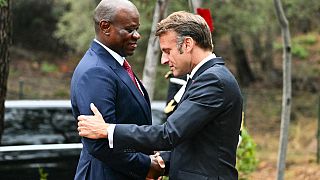
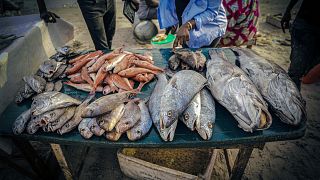
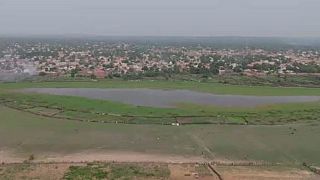
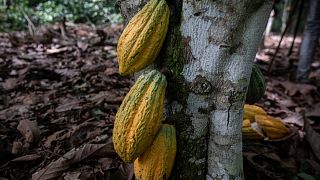
![São Tomé and Príncipe : Ousted Prime Minister Takes Legal Action [Interview]](https://static.euronews.com/articles/stories/08/95/83/04/320x180_cmsv2_2b4ddc2e-c26f-5113-927e-34c0766d058f-8958304.jpg)
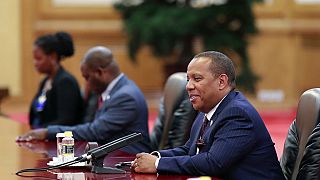
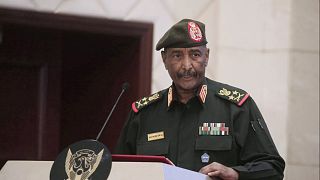

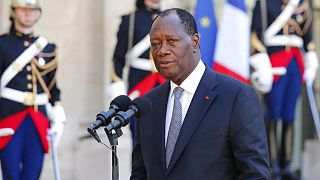
01:16
Madagascar's military-led government names mostly civilian cabinet
11:06
Moonshot 2025: Can Africa's Startups Challenge Global Tech Giants?{Business Africa}
00:58
EU and Egypt hold inaugural joint summit
01:03
South Africa's DA party proposes axing race-based legislation
00:51
China exports poultry hatching eggs to Tanzania, marking milestone
01:12
Culinary innovator Fatmata Binta appointed FAO's Goodwill Ambassador for Africa